Do you really know what coffee beans are "raising"?
Professional coffee knowledge exchange more coffee bean information please follow the coffee workshop (Wechat official account cafe_style)
When it comes to the most fastidious thing about coffee beans, what is your first reaction when you jump into your head? I think most people buy beans online. If they ask the seller a question before buying, nine out of ten will ask, "when was this batch baked?" "
So in the end, what effect does freshness have on coffee beans?
In the past, when most consumers stayed as fresh as possible, we probably didn't need to spend much space on it. But as consumers get smarter and smarter, they begin to ask, "can I drink this coffee right away?" "it means that everyone is beginning to notice one thing-the fresher the coffee is, the better it is.
How long does "raise beans" keep? This is a question that has often been asked on Duniang or WeChat groups in recent years. It's just that the answers are often like "not necessarily, each store is different" and "you can try to see how long this store will last." in fact, this kind of answer should be used as a prerequisite for asking questions rather than as answers.
So, of course, we should first discuss, what exactly is raising beans?
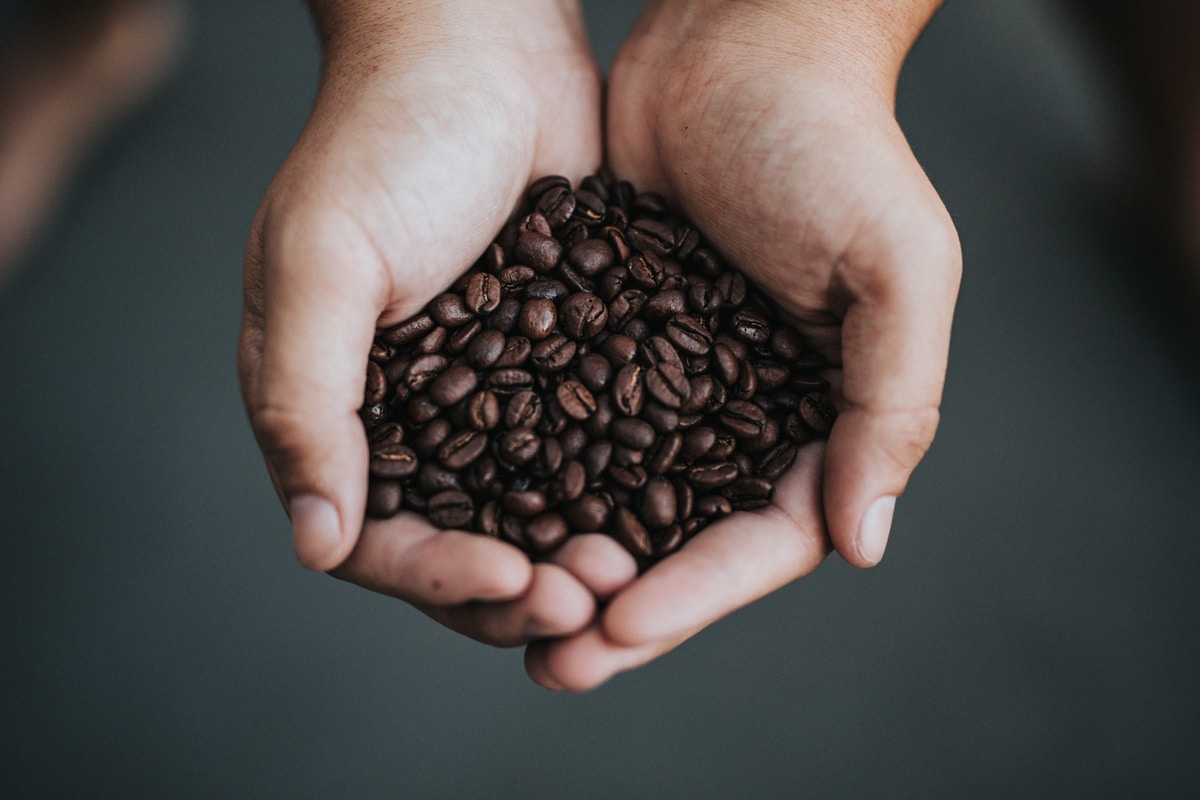
In the concept of "raising beans", there are three parts that should be discussed separately: "exhaust", "development" and "maturity".
If we don't discuss it separately, we can only answer, "not necessarily, each bag of beans is different from the store." "well, today, let's first explain clearly the three parts of 'exhaust', 'development' and 'maturity'. Later, we will have the opportunity to analyze the various factors that affect the process and time required to raise beans.
"exhaust"
After the coffee itself is roasted, there is a large amount of carbon dioxide in the cell wall of the bean, and because the Mena reaction is still weak after baking, it will produce a little carbon dioxide (as will be explained later). So when you make coffee, you will see the powder swell up, and the bag of beans will bulge after a day or two, all because of carbon dioxide emissions.
For coffee beans that have just been roasted, a large amount of carbon dioxide stored in the beans will seriously affect the extraction process. Because the extraction itself is a process in which the flavor substances are diffused into the coffee powder through water. These large amounts of carbon dioxide: ① prevents water from entering the coffee, isolating water from contact with coffee powder; ② they will produce many large bubbles, carrying large amounts of easily escaping aroma substances out of the extracted water; and ③ will produce many severe and uncontrollable disturbances (especially hand flushing).
At this time, if you do not set it for three or five days, first let the beans give priority to the release of carbon dioxide, you will face the problem of instability and insufficient extraction in cooking.
So when some people ask, "if you grind the coffee beans for ten minutes and then brew them, can it be a substitute for growing beans?" The answer is: "if we only talk about exhaust, it can indeed be replaced," but "development" and "maturity" cannot be replaced by being so lazy.
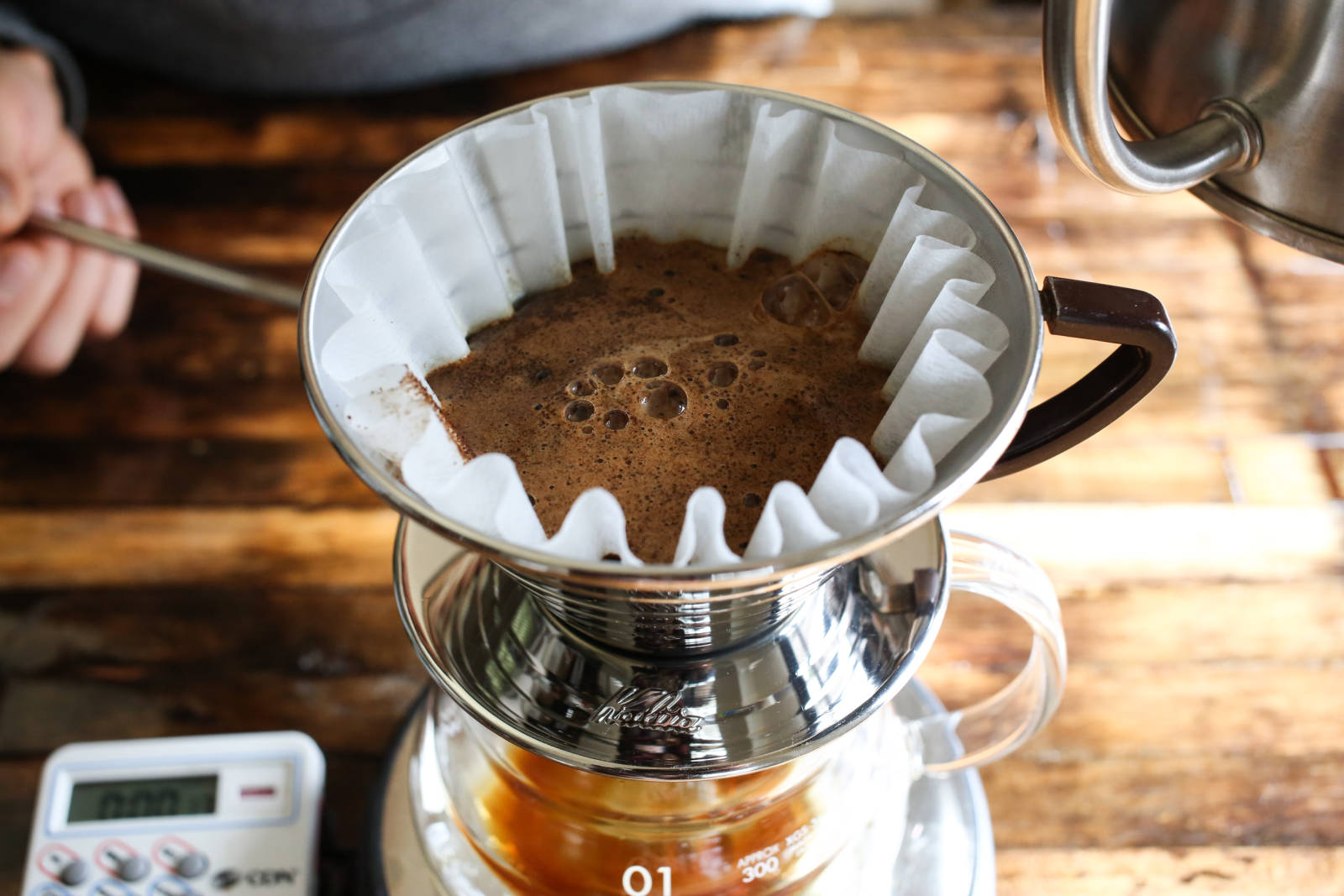
"Development"
As mentioned above, after the baking is completed, the Mena reaction is still weak and produces a little carbon dioxide, so it also means that the aroma substances continue to be produced. When a large amount of carbon dioxide fills the bean bag to completely isolate the oxygen, it also "presses" most of the aroma substances in the bean body or on the bean surface. At this time, the aroma substances after Mena continue to be produced, and the taste of coffee beans begins to become more and more "complete", depending on how much of the substance you leave behind in the roasting process can be continued Mena. Once the reaction is balanced, that's when we call the bean the "best flavor period". (ideally, leaving aside the threshold of our senses and personal preferences, that's another problem.)
So the coffee bean itself is not a frozen food after baking. Strictly speaking, before Mena's chemical formula is balanced, it is still in the process of being processed, and this slow but indeed gradual response to increasing the richness of coffee beans is what we usually say to "raise".
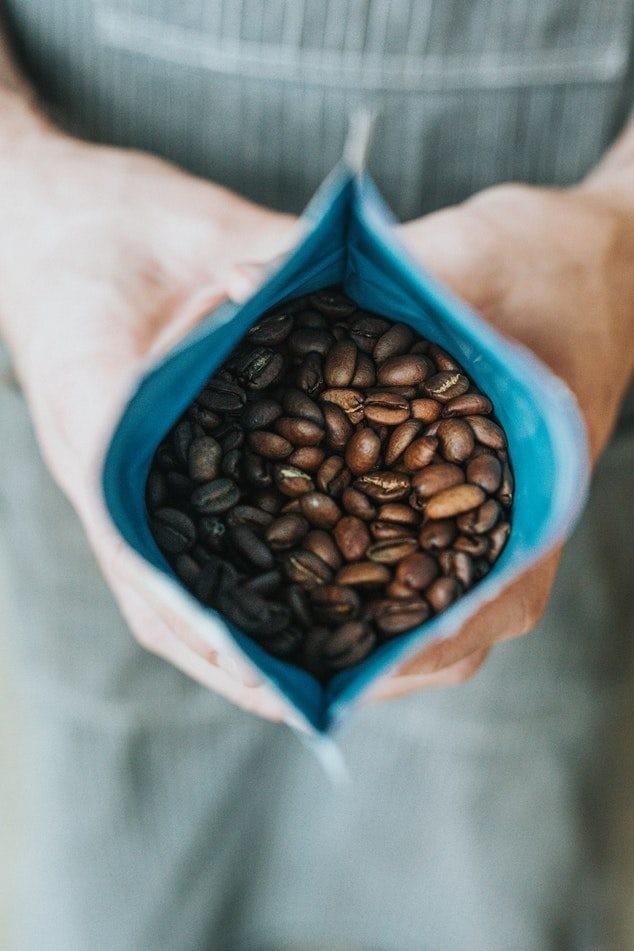
"mature"
When we put freshly roasted coffee beans in a bag full of carbon dioxide, or even an airtight can, the space inside the container is under high pressure, which helps to integrate the volatile aroma into the coffee fat. Let's call it "ripe" for a while.
This process makes the coffee more mellow as a whole, and leaves more fragrance substances for us to drink than unripe beans. Of course, some people must ask: is there no such process for such light-roasted beans without oil?
It depends on your careful observation. Even if you make espresso from lightly roasted beans or brew it with other metal filters, a layer of oil can still be seen on the surface of the coffee. Light baking and deep baking actually contains about the same amount of fat (if you don't believe it, you can burn it, be careful not to burn down the kitchen.)
Therefore, shallow baking naturally requires ripening steps.
How long will it take to mature? Generally speaking, it takes about 10 to 15 days from the beginning of the bulging of the bean bag, and it is better to bake deeply for about 20 days. However, it should be noted that once the high-pressure environment is destroyed, it will not be cooked until the high-pressure environment is restored. So if you really want to care about this part, please don't press the bean bag or open the bean can to smell it. (especially for deep-baked beans, whether hand-washed or Italian concentrated, cooked Chengdu is a very important step.)
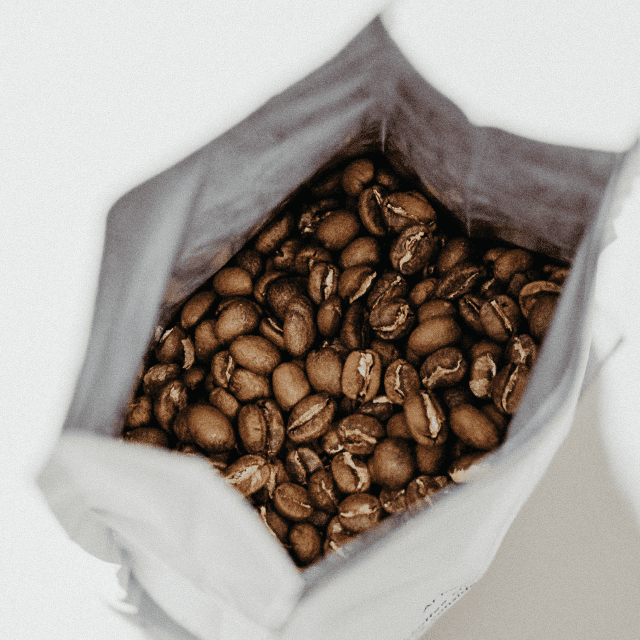
All right, let's explain the three parts of bean cultivation in rough language first. No one should want to see the calculation of the real chemical reaction formula and Henry's law. We will digest it first, and then we will have the opportunity to analyze how to speculate on how long the coffee beans we bought should be kept according to the information provided by the store.
END
Important Notice :
前街咖啡 FrontStreet Coffee has moved to new addredd:
FrontStreet Coffee Address: 315,Donghua East Road,GuangZhou
Tel:020 38364473
- Prev

Costa Rican musicians series of Shaobang Coffee 3 / 1 Open way to share!
Professional coffee knowledge exchange more coffee bean information please follow the coffee workshop (Wechat official account cafe_style) A few days ago street coffee just entered a batch of Costa Rican Carnett Manor Chopin, speaking of Costa Rica Carnett Manor coffee, nothing is more impressive than the musicians series! The department
- Next
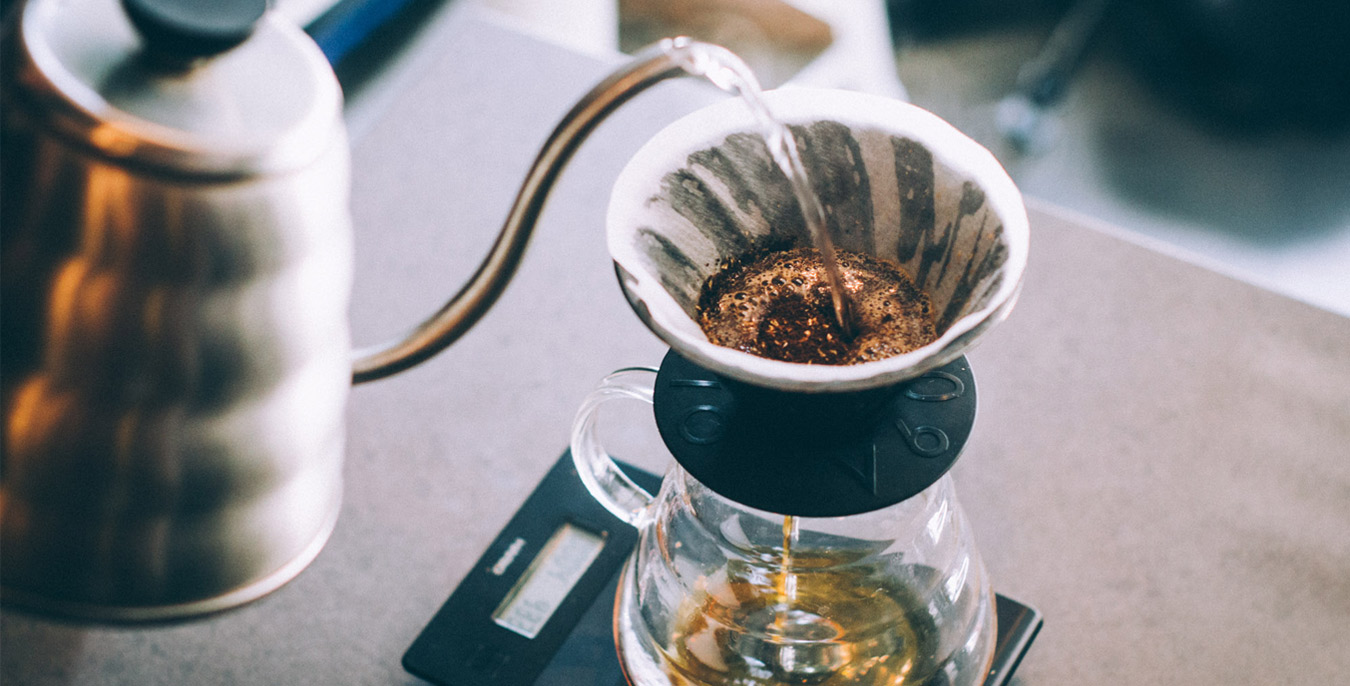
[cooking system explanation] how to determine whether a coffee bean is suitable for soaking or filtering?
Professional coffee knowledge exchange more coffee bean information Please pay attention to the coffee workshop (Wechat official account cafe_style) even if you choose the same kind of coffee beans, the basic principles of extraction will be different due to different types of extraction utensils, resulting in differences in the final coffee flavor, so the coffee brewed with different utensils
Related
- Unexpected! Ruixing Telunsu lattes use a smoothie machine to foam milk?!
- % Arabia's first store in Henan opens into the village?! Netizen: Thought it was P's
- Does an authentic standard mocha coffee recipe use chocolate sauce or powder? Mocha Latte/Dirty Coffee/Salty Mocha Coffee Recipe Share!
- What is the difference between Vietnam egg coffee and Norway egg coffee? Hand-brewed single product coffee filter paper filter cloth filter flat solution!
- What is the difference between sun-cured and honey-treated coffee? What are the differences in the flavor characteristics of sun-honey coffee?
- How to make Italian latte! How much milk does a standard latte use/what should the ratio of coffee to milk be?
- How to make butter American/butter latte/butter Dirty coffee? Is hand-brewed coffee good with butter?
- Is Dirty the cold version of Australian White? What is the difference between dirty coffee/decent coffee and Australian white espresso?
- Relationship between brewing time and coffee extraction parameters How to make the brewing time fall to 2 minutes?
- Got entangled?! Lucky opens a new store, Mixue Ice City, and pursues it as a neighbor!

